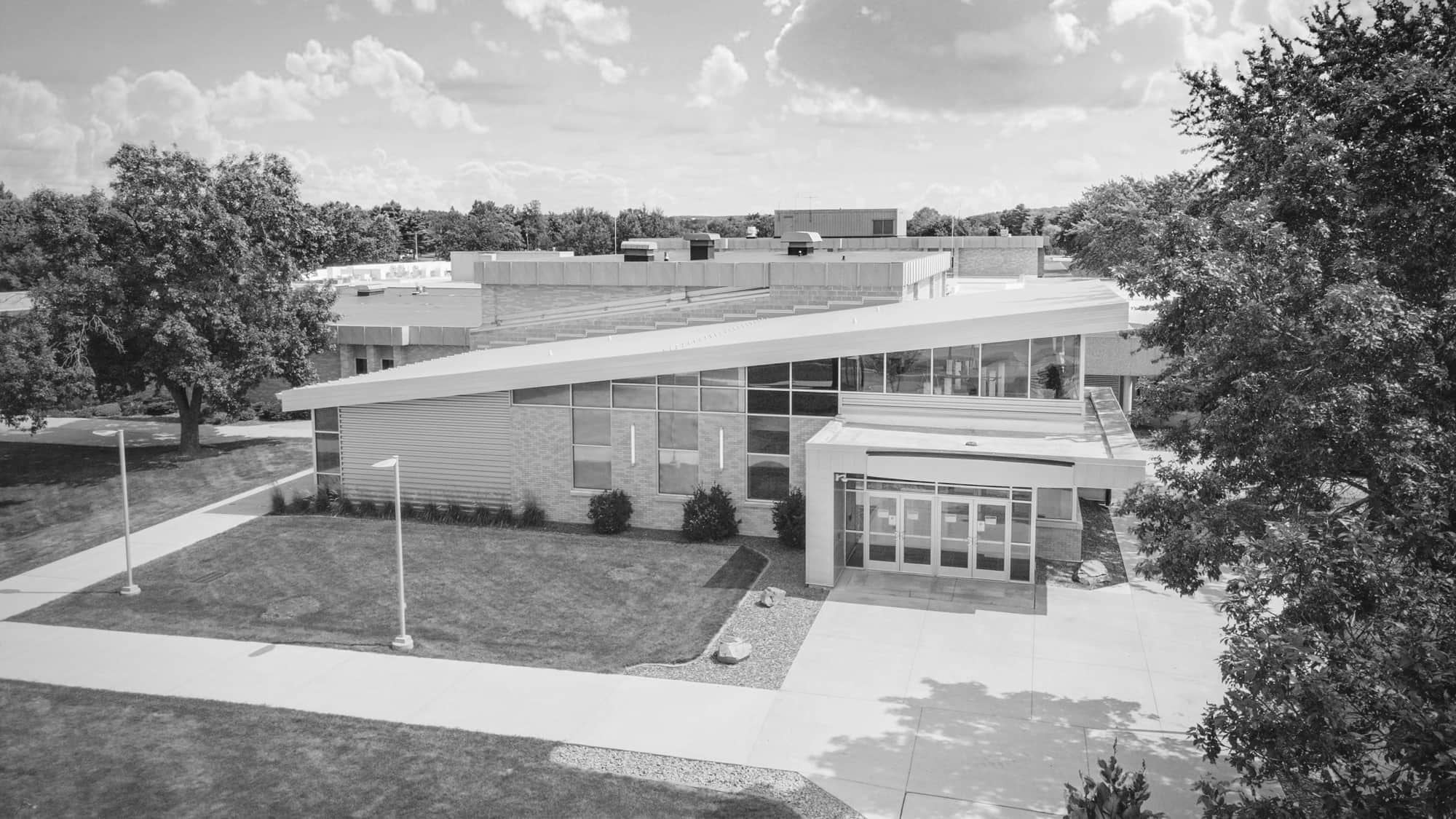Video Production
63 Credit Associate DegreeProgram Description
The Video Production Associate Degree program provides a comprehensive overview of the equipment, concepts and techniques needed to design, produce and edit effective professional video products. Specific areas covered in the program include pre-production processes: story development, scripting, storyboarding, scheduling and budgeting; production techniques: camera operation, lighting, interviewing, audio recording; and post-production workflow: capturing, editing, motion-graphics, sound design, rendering, outputting and publishing. The program focuses on providing students with the hands-on technical skills necessary to create professional video products and to work in a variety of audio-visual media production and post-production capacities.
Found in These Career Fields:
Approximate Program Cost
Books & Supplies: $3,086
Starting Salary
Financial Aid
Available
Program Overview Video
Availability
Courses for this program may be available at a variety of campus locations through multiple modes of delivery if you meet the admission requirements and prerequisites.
* Campus and online availability of courses and programs may be subject to change.
Outcomes
Graduates will be able to…
- Demonstrate proficiency in the use of media software, tools and technology
- Manage a production from concept to completion
- Communicate creative rationale in formal and informal settings
- Apply ethical business practices
- Apply the principles of design and storytelling to develop media products and services
Careers
Some of the potential careers graduates can pursue are:
- Video Technician
- Media Manager
- Video Archivist
- Creative Director
- Animator
- Motion Graphics Designer
- Production Assistant
- Camera Operator
- Freelance Videographer
- Post-Production Supervisor
- Sound Recordist
- Video Editor
- Documentary Filmmaker
- Video Producer
- Independent Video Professional
Courses
The Video Production Associate Degree is a 63 Credit program. The following is a typical semester breakdown of the courses within the program.
* College 101 (10-890-165) is not part of the program credit requirements but is a College Requirement for graduation that must be passed with a “C” or better.
Credit for Prior Learning Available
View All Detailed Course Information
Transfer Information
You can continue your education to earn a four-year degree in a variety of ways.
Program Transfer
The following transfer guides, executed in partnership with post-secondary institutions, are based on agreements that allow you to continue your program at another college.
| School Name | Degree Name |
|---|---|
| Michigan Tech University | Bachelor of Communication, Culture, and Media |
General Transfer
All associate degrees transfer to a variety of programs at other partner colleges to give you the opportunity to continue your education in other areas of study.
View all transfer guides
Cost of Attendance
2023-2024 Estimated Academic Year Budgeted Cost of Attendance
The estimated Cost of Attendance (COA) is a budget that includes categories of expenses that a student can expect to incur while attending college. The COA does not reflect actual charges. It is an average based on the estimated living costs typical of our region. In determining the cost of attendance, Northcentral Technical College uses the budget established by the Wisconsin Technical College System (WTCS) Financial Aid Budget Work Group. This budget is used to determine financial need for all students who apply for financial aid. A student's cost of attendance is composed of all educational expenses that can be included for financial aid purposes that a student may accrue while pursuing their education for the year (or semester, if enrolled less than a year). A student's financial aid cannot exceed their cost of attendance. Schools are required to provide a fuller picture of what it may cost students to pursue their degree, not just what they will owe in tuition/fees and books/supplies.
| Expenses | Student Living With Parents (Home) | Student Living on Own (Other) | ||
|---|---|---|---|---|
| Full-time Tuition (based on a total of 30 credits, 15 credits fall and 15 credits spring) |
|
|
|
|
| Living Expenses (Housing & Food) | $4,052 | $9,614 | ||
| Books / Supplies | $2,061 | $2,061 | ||
| Transportation | $2,007 | $2,007 | ||
| Personal Expenses | $2,245 | $2,245 | ||
| Loan Fees | $83 | $83 | ||
| Total Estimated Cost Of Attendance |
|
|
|
|
* Tuition listed is based on approved rates for the 2023-2024 academic year with a projected base increase of 1.65%. Rates are approved each March by the Wisconsin Technical College System Board and estimated budgets are updated at that time.
Students with dependent care, computer or study abroad expenses should contact the Financial Aid Office to document allowable expenses which may serve to increase their COA.
Students awarded Federal Direct Loan(s) also have an average of the mandatory loan fees automatically added to their COA.
Students with disability-related expenses may contact the Financial Aid Office to have their additional expenses considered. Disability-related expenses include but are not limited to: personal assistance, equipment, and supplies. The Financial Aid Office may potentially include disability expenses in the COA that are not provided by other assisting agencies.
NTC also offers a Net Price Calculator to help estimate costs.
For more information regarding billed tuition and fees visit https://www.ntc.edu/admissions/tuition-fees
We’re happy to answer any questions you may have about how the financial aid process works. Please feel free to reach out for more information.
NTC Financial Aid Office
Admissions Process
Our application process takes just a few minutes to complete, but we want to make sure you have the things you’ll need on hand to complete the application. We’re here to help if you have any questions while submitting your application.
Fill out our application
The application can be submitted online and takes just a few minutes to complete. There is no fee to apply.
Apply NowWhat’s Next?
We’ll review your application and let you know if we need anything else. If you’re all set, your acceptance letter will be emailed to you.

